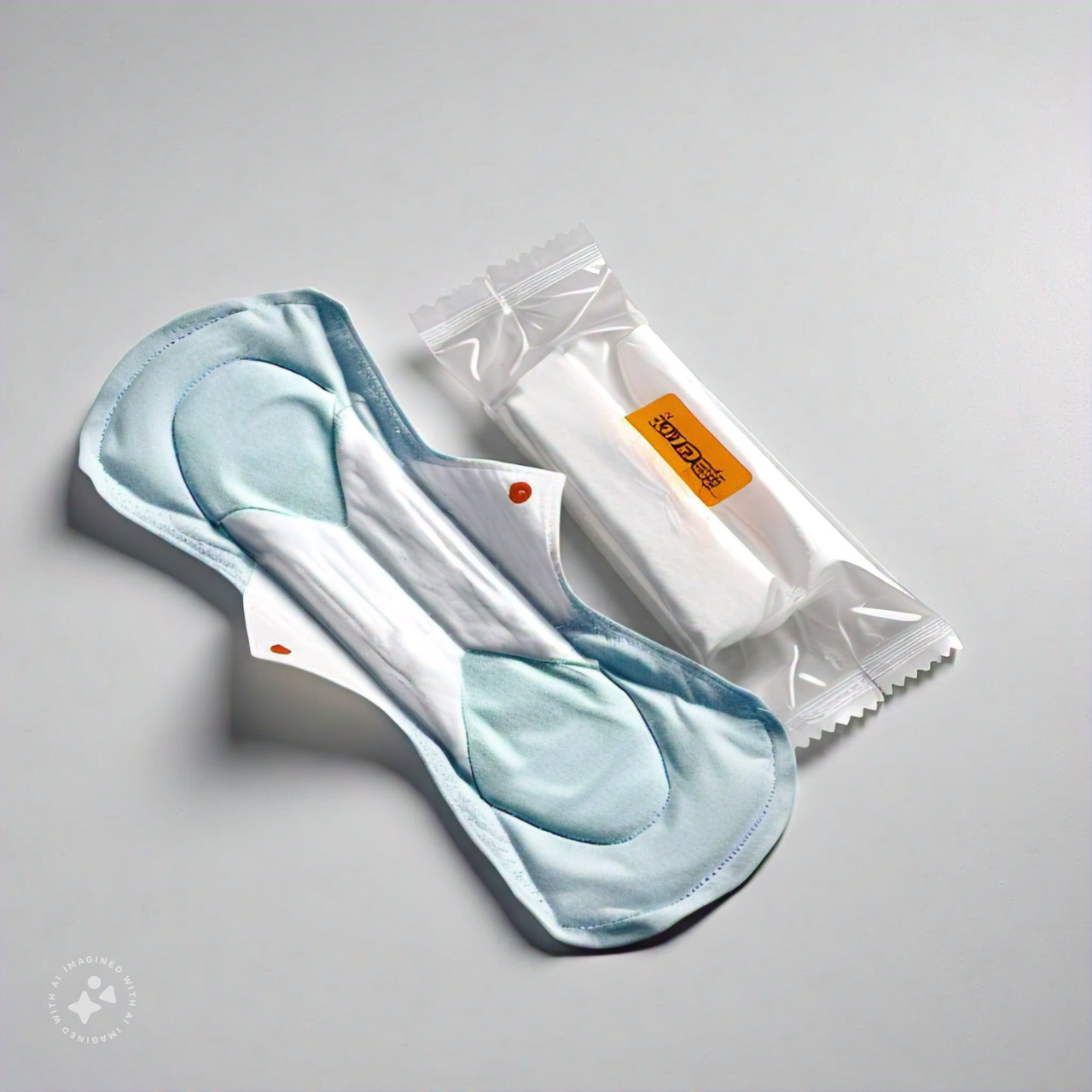## Understanding the Pregnancy Conception Process
Pregnancy is a miraculous journey that begins with conception, the process of a sperm fertilizing an egg. For many couples, understanding how this process works is essential, whether they are trying to conceive or just want to know more about reproductive health. This article will take you through the stages of conception, the factors that influence it, and some tips for improving the chances of conception.
### 1. **The Menstrual Cycle: The Foundation of Conception**
The conception process is closely linked to a woman’s menstrual cycle. The menstrual cycle is a roughly 28-day process during which a woman’s body prepares for the possibility of pregnancy.
#### **Follicular Phase: Days 1-14**
– **Menstruation**: The first day of the cycle begins with menstruation, which is the shedding of the uterine lining if no pregnancy occurred in the previous cycle.
– **Follicle Development**: During the follicular phase, follicles in the ovaries start to develop. One follicle matures into a dominant one, which will eventually release an egg during ovulation.
#### **Ovulation: Around Day 14**
Ovulation is the release of an egg from the dominant follicle. It usually happens around the 14th day of a typical 28-day cycle. The egg travels down the fallopian tube, where it can be fertilized by sperm. This is the most fertile time of the month for women. The egg survives for about 12-24 hours after being released, so timing intercourse around this period increases the chances of conception.
#### **Luteal Phase: Days 15-28**
After ovulation, the luteal phase begins. The follicle that released the egg turns into a structure called the corpus luteum, which produces progesterone. This hormone helps thicken the uterine lining, making it suitable for a fertilized egg to implant.
### 2. **Fertilization: The Union of Sperm and Egg**
Conception occurs when sperm meets and fertilizes the egg. Here’s how the process happens:
#### **Sperm Journey**
After intercourse, sperm travel through the cervix and uterus, reaching the fallopian tube where the egg is waiting. Sperm can survive for up to five days in the reproductive tract, meaning that intercourse even a few days before ovulation can lead to pregnancy.
#### **Egg Penetration**
When a sperm successfully penetrates the egg, fertilization occurs. The sperm’s genetic material merges with the egg’s, forming a single cell called a zygote.
### 3. **Implantation: When Pregnancy Truly Begins**
After fertilization, the zygote begins to divide and grow as it travels toward the uterus. Around 6-10 days after conception, the fertilized egg implants itself into the uterine lining. This marks the official beginning of pregnancy. The body starts producing the hormone hCG (human chorionic gonadotropin), which is what pregnancy tests detect.
### 4. **Factors Affecting Conception**
While the conception process seems straightforward, several factors can influence fertility in both men and women:
#### **1. Age**
– Women’s fertility begins to decline after age 30 and significantly drops after 35. Men’s fertility can also decline with age, though it tends to be more gradual.
#### **2. Health and Lifestyle**
– **Diet**: A balanced diet rich in vitamins and minerals supports reproductive health.
– **Weight**: Being underweight or overweight can affect hormone levels and ovulation.
– **Exercise**: Moderate exercise supports overall health, but excessive physical activity can disrupt menstrual cycles.
– **Smoking and Alcohol**: These can harm both sperm and egg quality and reduce the chances of conception.
#### **3. Medical Conditions**
– Conditions like polycystic ovary syndrome (PCOS), endometriosis, and low sperm count can affect fertility. Regular check-ups and medical treatment may help manage these conditions.
#### **4. Timing of Intercourse**
– Since sperm can live in the reproductive system for several days, having intercourse in the days leading up to and on the day of ovulation offers the best chance of conception.
### 5. **Tips to Improve Chances of Conception**
For couples trying to conceive, here are some tips to maximize the chances:
– **Track Ovulation**: Use ovulation prediction kits or track basal body temperature to identify the most fertile days.
– **Maintain a Healthy Weight**: Both underweight and overweight individuals may experience hormonal imbalances affecting fertility.
– **Reduce Stress**: High stress can interfere with hormone regulation and ovulation, so it’s important to manage stress through activities like yoga or meditation.
– **Avoid Harmful Substances**: Smoking, excessive alcohol consumption, and recreational drugs can negatively impact fertility.
– **See a Doctor**: If conception has not occurred after a year of trying (or after six months if the woman is over 35), consult a fertility specialist.
### Conclusion
The pregnancy conception process is a beautiful, intricate journey that depends on the timing of ovulation, the health of the sperm and egg, and proper implantation. While the path to pregnancy is smooth for some, others may need to make lifestyle changes or seek medical help. Understanding your body’s natural cycles and taking proactive steps to enhance fertility can increase the chances of a successful pregnancy.
